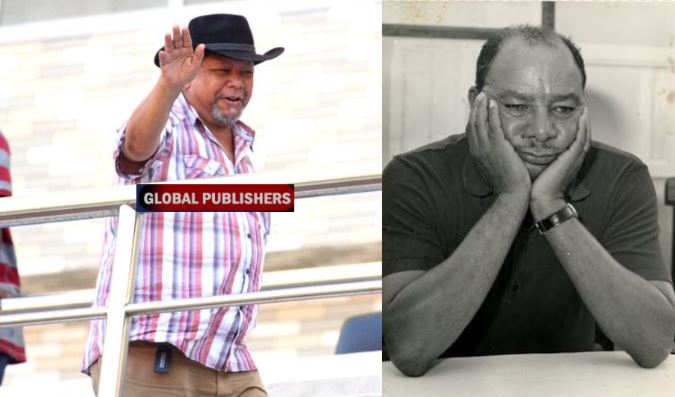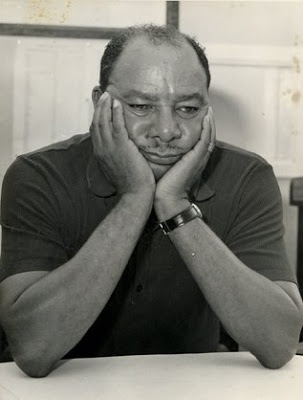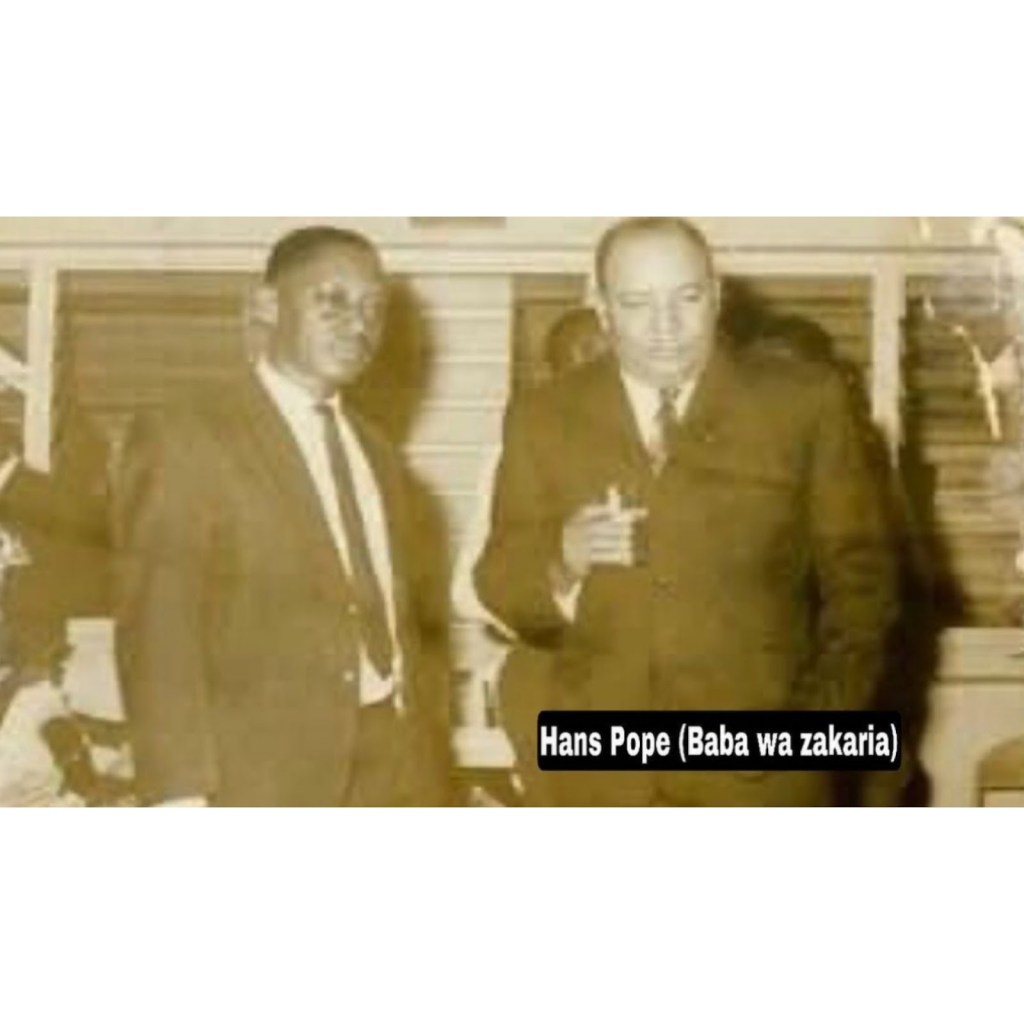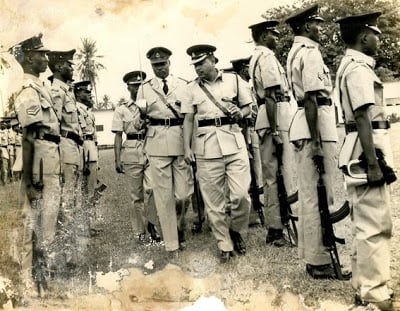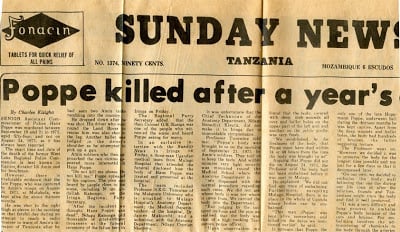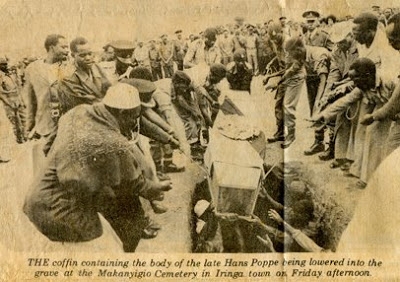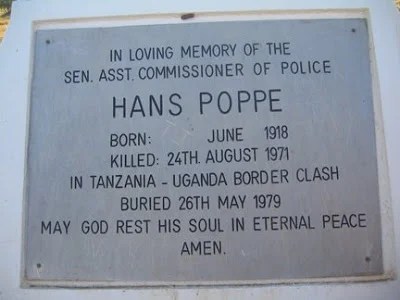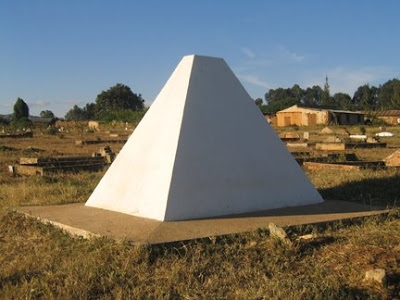Old - Hand
JF-Expert Member
- Apr 9, 2017
- 2,040
- 1,895
Hivi huyu ndio yuule mtangazaji wa kitaambo au nachanganya... Mabele wapo wengi wengi..
Huyu mwanasiasa ni yupi?
Usalama ni yupi.
Komando ni yupi??
Huyu aliyetaka kumpindua nyerere ni yupi?
Mtangazaji ni yupi??
Na nani yuko hai na anafanya mishe gani now... Na vipi hatima ya matukio yake yoote ya kitaambo.
Mabele makubi nyarando.
Mabele nyaucho marando.
Mabele nani sijui
Huyu mwanasiasa ni yupi?
Usalama ni yupi.
Komando ni yupi??
Huyu aliyetaka kumpindua nyerere ni yupi?
Mtangazaji ni yupi??
Na nani yuko hai na anafanya mishe gani now... Na vipi hatima ya matukio yake yoote ya kitaambo.
Mabele makubi nyarando.
Mabele nyaucho marando.
Mabele nani sijui





